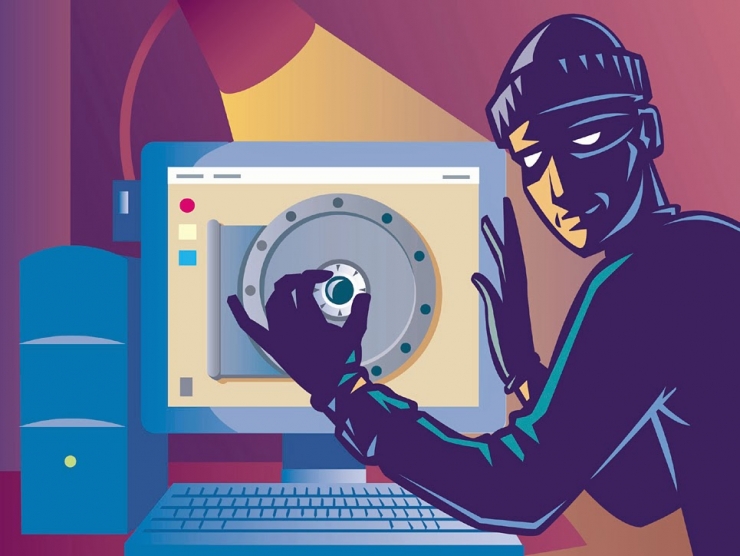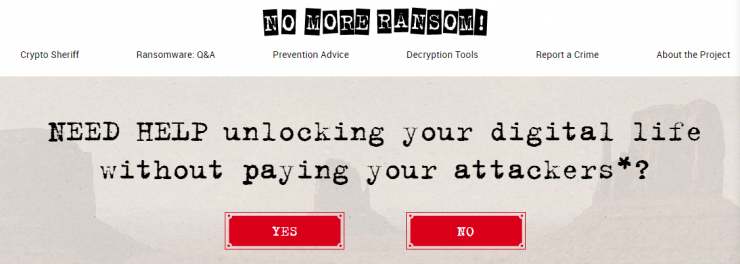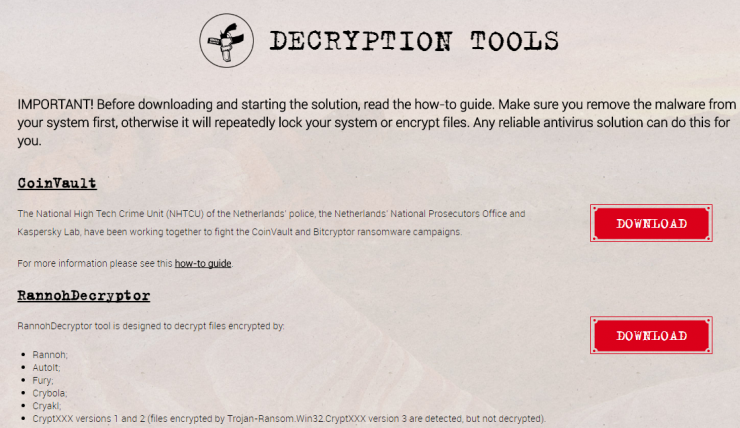
I believe that many people have experienced the extortion of malicious software, especially the infamous Crypt series. All files on your computer are encrypted and cannot be opened. Word, Excle, PPT, and even photos are all encrypted. Also ask you to use Bitcoin to send money to him. If you want to retrieve files, the only way is to send money to hackers. However, after the remittance, there is also a case where the hackers will dry you up and do not decrypt them at all. The user is really unable to speak.
Moreover, hackers will focus on those organizations that have important information and are not equipped with protective measures, such as hospitals. The doctor's computer has important information about the patient. Once the virus is in the computer, he will have to pay the extortionate person in case of anxiety. The blackmailer is fancy that the hospital has funds, and the important protection of the data is not strong. In contrast, ordinary people's information is lost and their willingness to recover is relatively low.
However, ransomware will not be so embarrassed forever. Recently, a project was launched in Europe to specifically resist ransomware so that the public would no longer have to pay ransom to hackers. The project, called "No More Ransom", was initiated by Europol, the Dutch National Police, Intel Security, and Kaspersky, Russia, and provided a series of professional decodings on the website. tool.

For example, a tool called RannohDecryptor can decrypt some viruses, including Rannoh, AutoIt, and CryptXXX. Of course, these tools cannot decrypt all ransomware, but this is still a big improvement. CTORaj Samani of Intel Security Co. said: "In the past, people who were extorted had only two choices: either lost data or paid ransom. But now we offer the public a third option."

According to research conducted by Kaspersky Lab, software ransom has become increasingly fierce in recent years, and the number of users attacked has increased from 131,000 in 2014 to 718,000 in 2015. The "No More Ransom" project hopes that more organizations and companies will participate in the joint effort to maintain public network security.
Needy friends can click here to enter the "No More Ransom" website.
Via The Washington Post